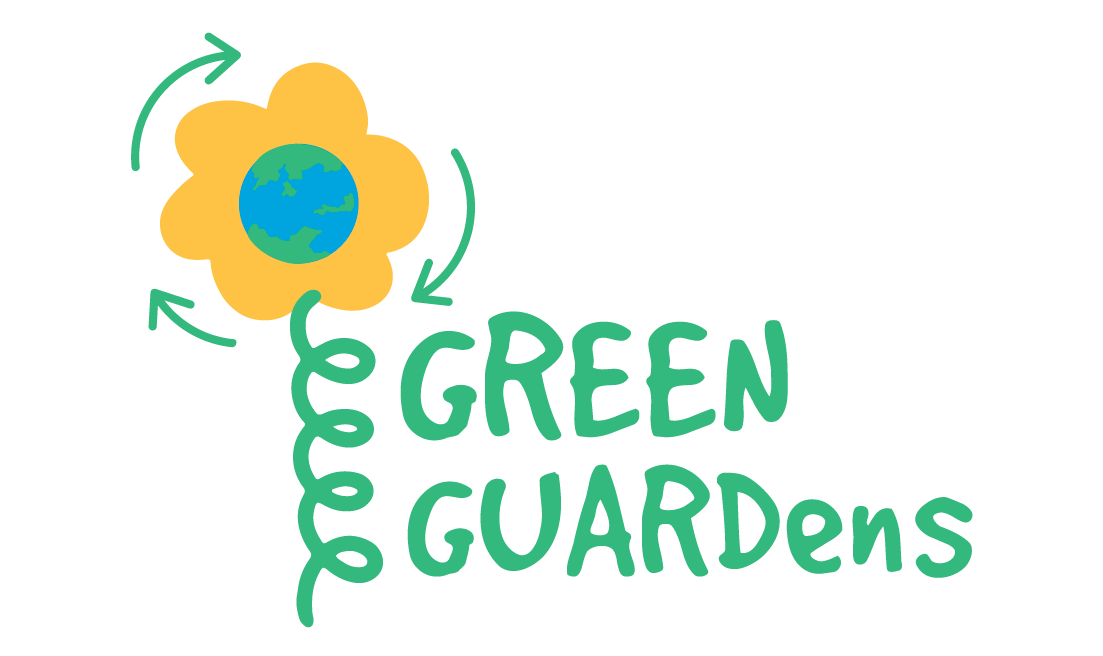
Environmental sustainability refers to making thoughtful choices and taking actions that protect the delicate balance of nature. It involves making responsible decisions to ensure that our actions do not harm the environment, so that nature can continue to thrive and provide for future generations.
We should take special care to make sure that everyone has access to clean water, healthy food, and safe living conditions, and do not harm and threaten the environment in the process. Also, we recognize that human activities have a significant impact on Earth, leading to biodiversity loss, carbonization of the atmosphere, oceans, and landmass, which causes global warming. To address this, we must all come together to reduce carbon emissions, protect ecosystems, and minimize the harmful effects of climate change.
We should not forget that both individual and collective actions are crucial in safeguarding current and future generations. To achieve environmental sustainability, we need to focus on three key things: reducing carbon pollution worldwide, maximizing efficiency in our practices, minimizing waste and consumption rates. This should be done in accordance with strict carbon emission regulations that apply to everyone.

